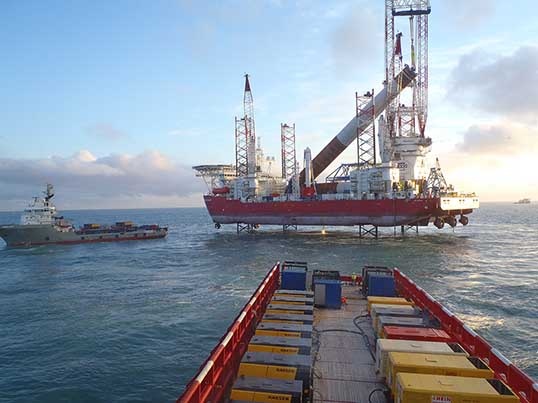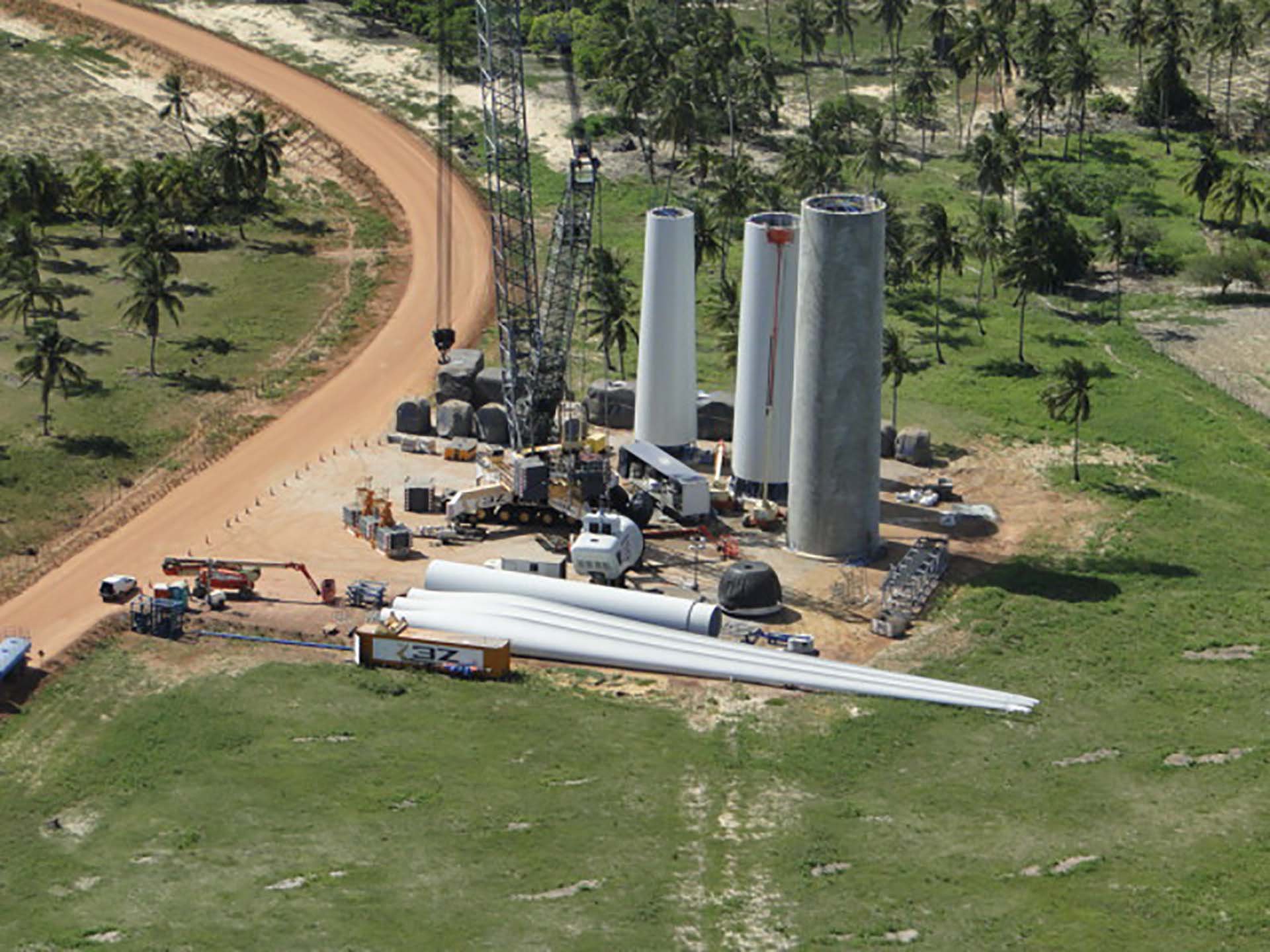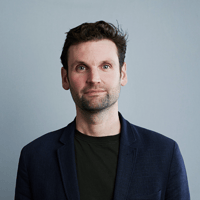What makes a good technical advisor?
Find out what separates the report-writers from the valued advisors when it comes to your investment.
Let's find out...
Effective communication

Less is more?
Sometimes, less is more. That’s not to say that clear and regular communication isn’t important, this is the fundamental backbone to successful collaboration of course, but effective communication is about making best use of contact time, focusing on the level of detail and volume needed by the client given their needs on timescale, level of existing knowledge and their role on the project (investor, lender, developer, supplier). In essence, it’s the difference between what should be communicated to add value, not just information for information’s sake.
Technical advisors are hired to support those from non-technical fields such as the finance community, or those who need specialist knowledge that they don’t have internal resource for such as developers or suppliers. A 300-page technical report simply adds more time and work for clients to wade through and the detail and doesn’t guarantee understanding.
A good technical advisor will communicate concisely, sorting and structuring information in a way that is both accessible and meaningful to the client.
Real world experience

Boots on the ground
Clients engage advisors to identify and mitigate risk to ensure an eyes-open approach to return on investment or cost of debt. It’s one thing to run project data through a risk assessment process delivering a simulation and automated report but what about the human element?
Ultimately, simulations can support with conducting larger, more complex assessments but as they say, “rubbish in, rubbish out.” As such, a robust risk assessment requires real world experience as part of the process and, in particular, lessons-learned from when things have gone wrong.
The broader this experience, the more value added to the process. Often this is where a technical advisor can provide a wider experience base than even some developers, having had exposure to a higher frequency of projects, in different regions, with different technology, vessels etc. over the same years of experience, due to the nature of consultancy.
Additional value comes from technical advisors who also have significant experience as owner’s engineers, meaning hands on development experience, as well as advisory services.
Market awareness
Knowledge is power and a good technical advisor will have a team with a wide background of knowledge, not just from their wide variety of advisory projects, but from previous roles too, be it at a developer, turbine supplier, law firm, investment firm etc.
This solid foundation of knowledge means aspects of the project are seen from more than one viewpoint and plays a big part in how advice and communication are tailored to meet the needs of the various stakeholders.
Currently the renewables market is moving at unprecedented speed, on all fronts; technical, commercial and regulatory.
With the increasing move to auction based support mechanisms and a drive to subsidy free development, there is increasing pressure on reducing costs, which is resulting in innovation in many aspects of projects be it technical, finance or commercial.
Anyone can read industry journals and news or attend events, but nothing can beat hands on involvement for up to the minute understanding of trends, drivers, risks and opportunities. Relying on market understanding from your last project or discussion with advisors 12 or 18 months ago, is already hugely out of date. Good technical advisors see a vast array of projects come across their desks and only at scale can clear trends and potential opportunities be seen.
.webp?width=1000&height=749&name=K2-final-office-27%20(1).webp)
Commercial and technical perspective

More than just a 'technical' advisor
A good technical advisor should not solely focus on the technical aspects of a project, but also balance this with a sound commercial mindset.
An optimised design or specification is great, but not if it’s not cost effective or commercially feasible or will take five times longer to manufacture or install.
As a result, technical advisors must provide robust advice balancing elements of technical design, contracts, timescales, permitting, health and safety, risk, cost, market and supply chain considerations, among others.
Just focusing on the design aspect, would be short-sighted to say the least.
The right contracting strategy for a specific client and project can have a significant positive effect on a project’s success beyond what the purely technical elements can achieve.
Achieving a balance between market conditions, owner needs and lender needs can be challenging without an advisor that brings practical project experience of simultaneously managing such three-way tensions.
So beware of advisors that want to just focus on the 'technical' aspect of the 'technical advisor' role, that’s only one part of the bigger picture.
So what does make a good technical advisor?
Got questions?
We have the answers. Reach out if there’s anything you’d like more clarity on.

Will Sheard